rivazest
Introduction to rivazest
Rivazest is a medication primarily used to prevent and treat blood clots. It is especially beneficial for individuals with certain heart conditions or those at risk of developing clots in the legs or lungs. By understanding how Rivazest works, patients can better manage their health and reduce the risk of serious complications.
Composition of rivazest
The active ingredient in Rivazest is Rivaroxaban. This component plays a crucial role in preventing blood clots by targeting specific enzymes in the body.
Uses of rivazest
- Prevention of blood clots in the legs (deep vein thrombosis)
- Treatment of blood clots in the lungs (pulmonary embolism)
- Reduction of stroke risk in patients with atrial fibrillation, a heart condition
Side effects of rivazest
Common side effects:
- Bleeding
- Bruising
- Headache
- Dizziness
- Stomach upset
Serious side effects:
- Severe bleeding
- Allergic reactions
- Liver problems
- Kidney dysfunction
Precautions of rivazest
Rivazest should not be used by individuals with active bleeding, severe liver disease, or those allergic to it. It is also not recommended during pregnancy. Patients with kidney problems or those planning to undergo surgery should exercise caution and consult their healthcare provider.
How to Take rivazest
- Take Rivazest once daily, as prescribed by your doctor.
- The dosage typically ranges from 10 to 20 mg, depending on the condition being treated.
- For doses of 15 mg or more, it is recommended to take it with food to enhance absorption.
Conclusion of rivazest
Rivazest is a valuable medication for preventing and treating blood clots, especially in individuals with specific heart conditions. By following the prescribed dosage and taking necessary precautions, patients can effectively manage their health and reduce the risk of serious complications. Always consult with a healthcare provider for personalized advice and guidance.

Similar Medicines
More medicines by Cipla Ltd
Available in 3 variations

strip of 14 tablets

strip of 14 tablets
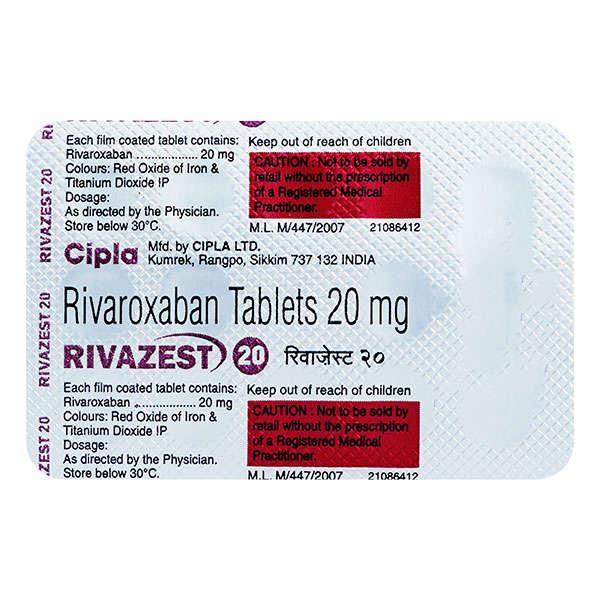
strip of 14 tablets



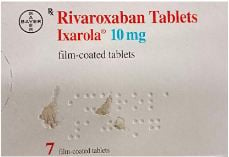

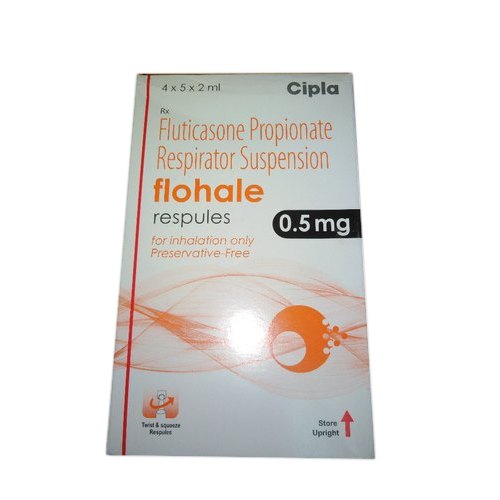
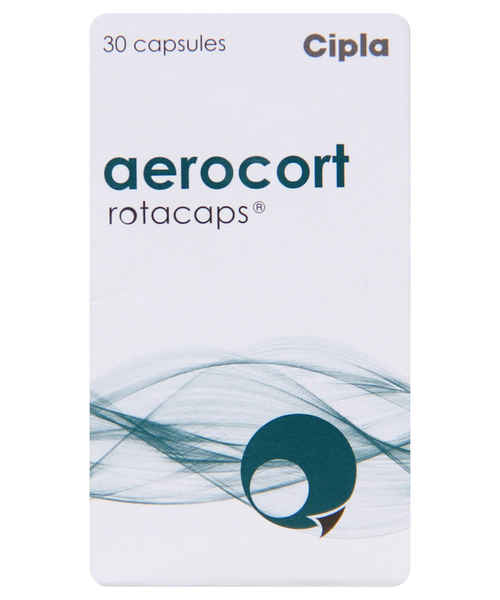
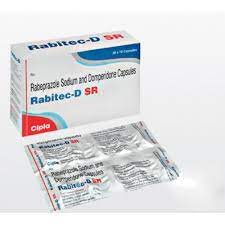
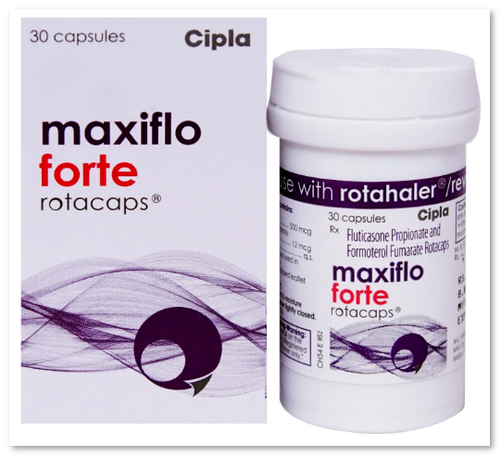
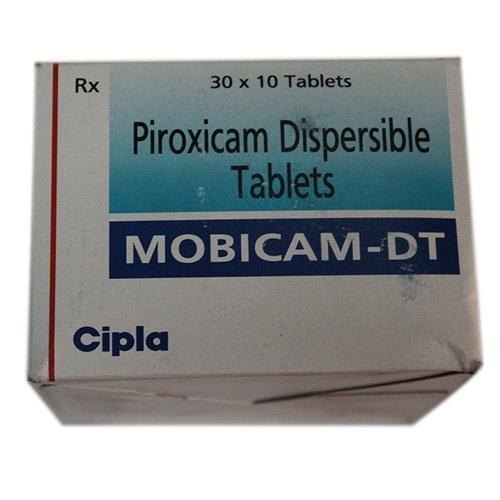







.svg)
